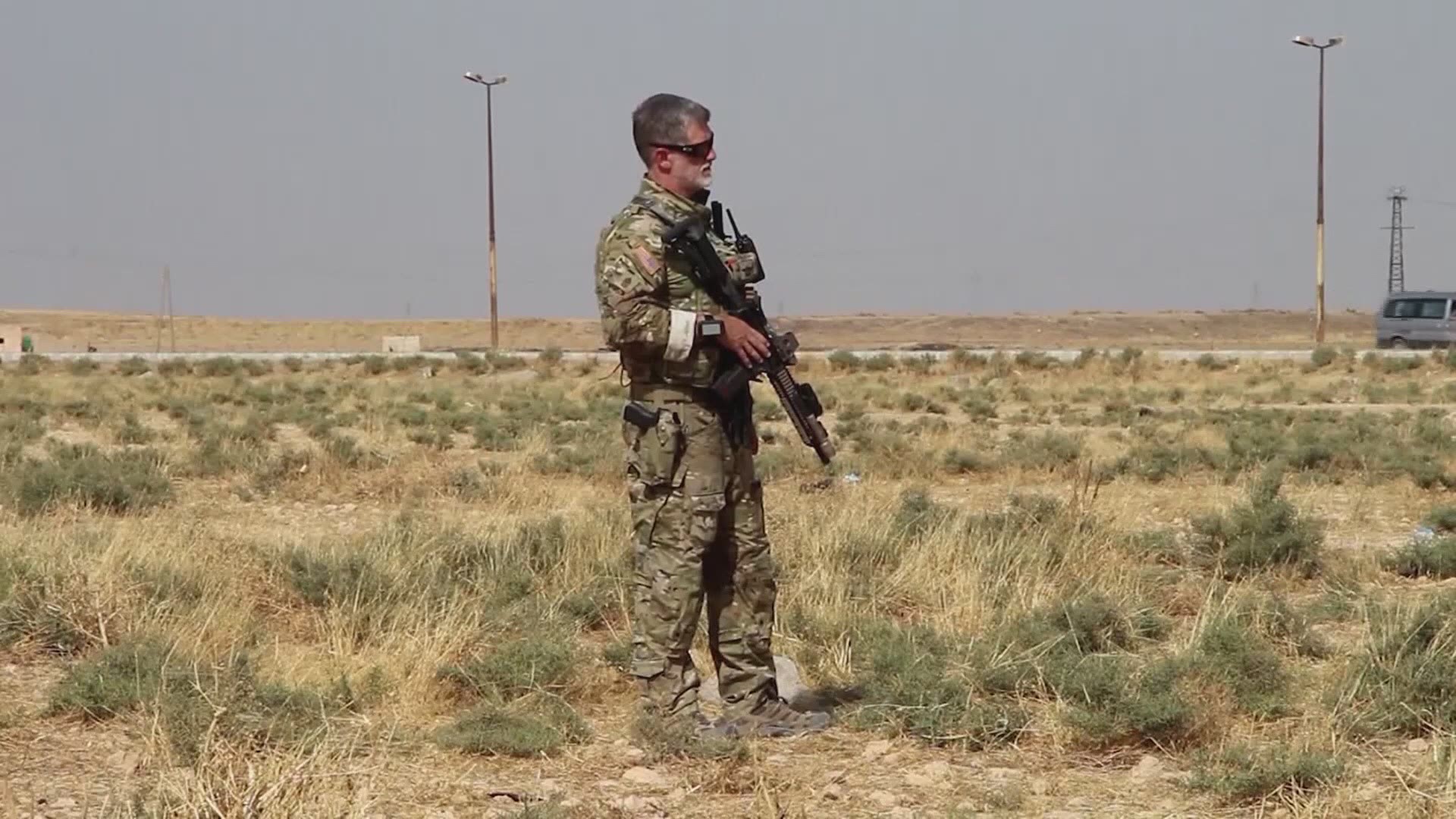When a member of the U.S. military is struggling with mental health, they can turn to the V.A.
But when first responders-our police, firefighters and paramedics-need help? "Especially here in Arkansas," said first responder Cody Jones, "there's no help right now at all."
Jones wants to help those who are struggling. He's the co-founder of 'Heroes Behind the Line,' first responders helping first responders.
"We see things that normal people don't need to see or don't want to see," he explained.
Jones said a lot of first responders don't want to talk to therapists who've never experienced what they have. They don't want to be judged.
And even if they get past that fear, "a lot of them are in fear for their job," he said. "They're afraid if they come out and say they have an issue then they'll be fired. And that's not fair."
So, they keep it bottled up. The result? A recent government report estimates 30 percent of first responders develop behavioral conditions that include depression and PTSD. The same report shows up to 300 officers now die by suicide each year. Far more than the number killed in the line of duty.
It used to be "you take care of it yourself," he said.
But in its one year, Heroes Behind the Line has worked on drafting bills to get PTSD covered under workman's comp. It has worked with counselors and therapists who have been first responders, and they're helping pro bono. They're also bringing in PTSD dogs to lower the stress levels. And for their work, Heroes Behind the Line is this month's Saluting Heroes.

